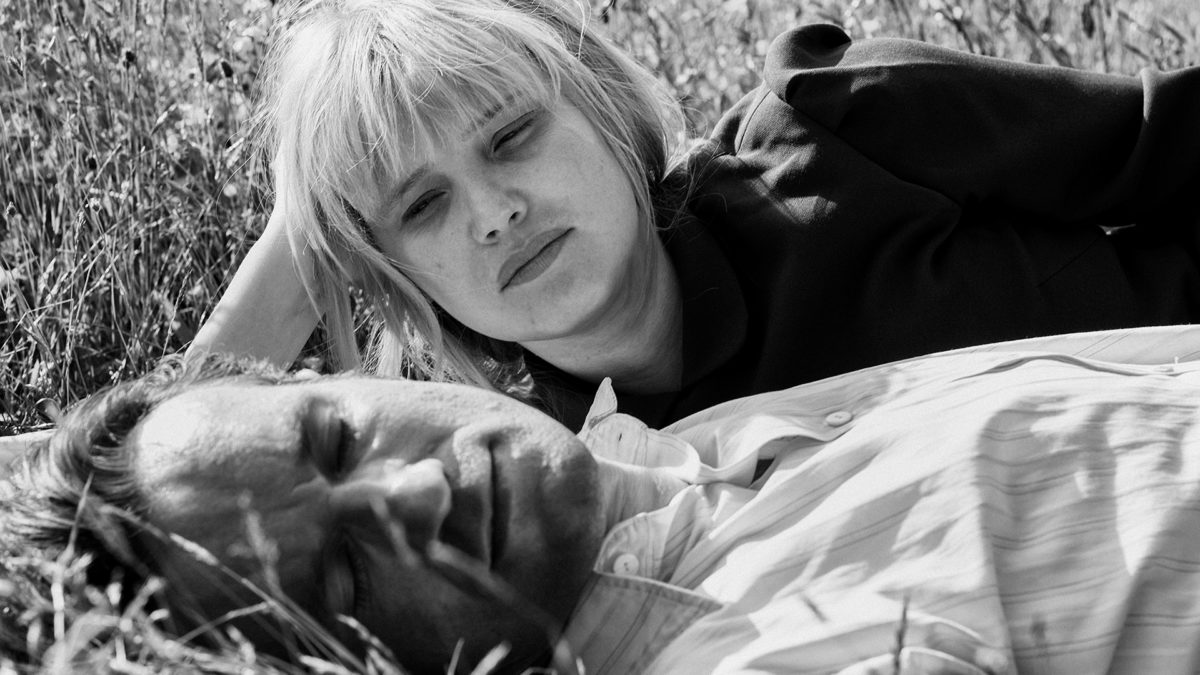An Epic in Miniature
Where a typical facet of film epics is their sprawl, Paweł Pawlikowski’s Cold War chooses instead to go the miniature, episodic route, delivering a 15-year on and off again love affair in a succinct 85 minutes. His parents’ own tumultuous (though ultimately loving) relationship being the inspiration, Cold War pays tribute by detailing the life pianist Wiktor Warski (Tomasz Kot) and folk singer turned chanteuse Zuzanna “Zula” Lichon (Joanna Kulig) spend together, experiencing a similar romantic volatility. The two orbit around one another throughout, from Paris to Poland, yet the majority of experiences had separately during the intervening years apart are reduced to lean conversation pieces; if Wiktor is playing as part of a jazz troupe at L’Eclipse in Paris, Zula is probably close by, and if Zula has ended up back in Poland in 1959, so has Wiktor.
Like Pawlikowski’s last film, 2013’s Ida, the backdrop of post-war Poland acts as the starting point for both stories, and considering the two films’ shared formal qualities (sculptural black and white compositions, brief runtimes), along with both their preoccupation with personal histories shaped by the country they call home, Cold War gives the impression of being a companion piece to its predecessor. But whereas Ida excavated its own historical background in the form of a soon-to-be nun who discovers her Jewish ancestry, Cold War is much more interested in documenting such history in real time, despite Pawlikowski taking temporal liberties to condense the whole story. From Wiktor meeting Zula as he auditions her for a music academy, to their first post-performance tryst in a venue bathroom, to Wiktor defecting when targeted by the Communist state apparatus, the relationship unfolds chronologically.
Thus goes the couple’s serpentine path of reconnecting, rekindling, and reseparating; though Zula chooses to stay put after Wiktor escapes, and after a few false starts (including a quick trip to Yugoslavia), him and Zula are once again a couple, in more ways than one, as the two become partners in molding Zula’s singing career in the image of the likes of Edith Piaf. Already, the film has seamlessly shifted from a countryside romance, to the expected Parisian debauchery of the 1950s, and not even with an hour left, returns to Poland again, infidelity, jealousy and regret in tow.
It’s Pawlikowski’s episodic approach that ensures that the ever-changing dynamics of this unpredictable romance don’t result in disjointedness. The years and locations, which figure greatly into each moment displayed across this timeline, are announced simply with title cards, and sometimes by the occasional (and believably simple) changes in appearance of Wiktor and Zula. It’s a film marked by recurrences, both within the story itself, and Pawlikowski’s directorial decisions. There’s the repeated use of the Russian folk song “Dwa serduszka” (“Two Hearts”) sung beautifully by Kulig herself a few times, ranging from a more traditional arrangement, to it suddenly being repurposed as a sultry jazz tune during the film’s Parisian period. Although Pawlikowski and cinematographer Łukasz Żal prefer the camera to glide along more than anything else, there a few choice moments in which the image will subtly quake and quiver, either in the rhythm of a dance on screen, or to reflect obvious drunkenness (they are frequenting Parisian jazz clubs in the 1950s).
As actors, Kot and Kulig inhabit this reimagined history with impressive chemistry; there’s not only the sense of love between the two, but a palpable desire for sex, that when coupled with Pawlikowski’s austere and intricate aesthetic, renders their embraces more flesh and blood than just purely symbolic, and Kulig and Kot take the opportunity to smolder. The first time they come together is within the throes of carnality, and the second time, they once again find themselves in a bathroom, though now on a train travelling towards Warsaw, the camera remaining static as they bustle along. While still hungrily eyeing each other, the conversation errs more towards how they will preserve their love by escaping the Eastern Bloc. As Pawlikowski has chosen a handful of moments to represent this relationship, the two deliver romantic and quarrelsome passages with equal intensity, and their consistent recoupling is all the more believable for doing so.
Pawlikowski understands that art is both an intensely personal signifier, and a historically rich one. The way different characters perform different songs (from folk songs about hard drinking, to wonderfully moody jazz pieces, composed by Marcin Masecki) encapsulates the diasporic plight of communist defectors. Songs are vehicles of nostalgia, but they are also what allow the couple to ascend into Paris’ artistic community, and soon Zula grows uncomfortable singing songs with Polish melodies in French, capturing this push and pull between the tradition of home, and the promise of elsewhere. The film itself vacillates between these opposing poles, exploring the options and drawbacks of romance within each country it treks through. Pawlikowski sees his form of romantic history as malleable, shaping it with the effervescent yet affecting feel of a song remembered.
